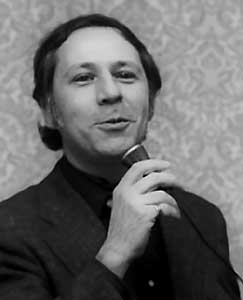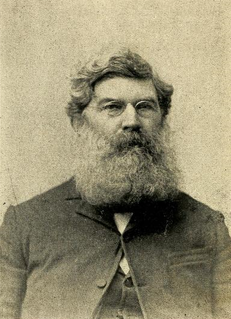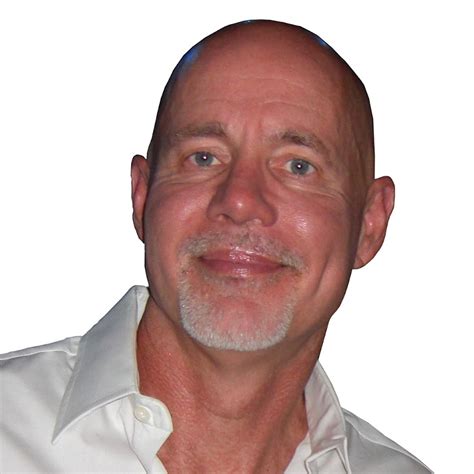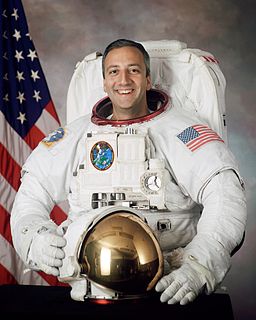A Quote by David L. Wolper
I couldn't get my first film on the air. The first film I did was called 'The Race For Space,' about the U.S.-Soviet space race. The networks had a policy that I found out about the hard way. I even had a sponsor for my program, but the networks wouldn't put it on because it was independently produced.
Related Quotes
When I was about 14 or 15, and running in a pretty muddy cross country race, one of my shoes stuck in the mud and came off. Boy, was I wild. To think that I had trained hard for this race and didn't do up my shoelace tightly enough! I really got aggressive with myself, and I found myself starting to pass a lot of runners. As it turned out, I improved something like twenty places in that one race. But I never did get my shoe back.
A new space race has begun, and most Americans are not even aware of it. This race is not about political prestige or military power. This new race involves the whole human species in a contest against time. All of the people of the Earth are in a desperate race against disaster... To save the Earth we must look beyond it, to interplanetary space. To present the collapse of civilization and the end of the world as we know it, we must understand that our planet does not exist in isolation.
Even if the film doesn't come out quite as you'd hoped, the process can also be very rewarding. I feel that way about a film called 'Lay the Favorite' that I made with Stephen Frears. I did that because the character was a real leap for me. The film doesn't quite all add up internally, but I feel very proud of what I did on it.
This religion teaches that 6,000 years ago God made the first man out of dust - not even mud - and the first woman out of a bone; that God cursed the whole human race because a snake made the woman eat an apple; that God had a son by another man's wife, and that he had this son murdered in order to keep himself from sending all the human race to hell.
Your first film is always your best film, in a way. There's something about your first film that you never ever get back to, but you should always try. It's that slight sense of not knowing what you're doing, because the technical skills you learn - especially if you have a film that works, that has some kind of success - are beguiling. The temptation is to use them again, and they're not necessarily good storytelling techniques.
Your goal is simple: Finish. Experience your first race, don't race it. Your first race should be slightly longer or slightly faster than your normal run. Run your first race. Later you can race. You will be a hero just for finishing, so don't put pressure on yourself by announcing a time goal. Look at it this way: The slower you run the distance, the easier it will be to show off by improving your time the next race!
'Race' is one of the most successful film franchises in Bollywood. So I was really excited and honoured on being approached for the film. But since I was already committed to another film during the same time as the makers are planning to shoot 'Race 3,' things eventually didn't work out, unfortunately.
I had always been interested in the space program, and I didn't know if I could be an astronaut like I'd dreamt about when I was a little kid - to me it sounded kind of silly, someone grow up to be an astronaut - but, when I was in my 20s, I thought maybe I can get a job with NASA or a contractor, do something with the space program.



































